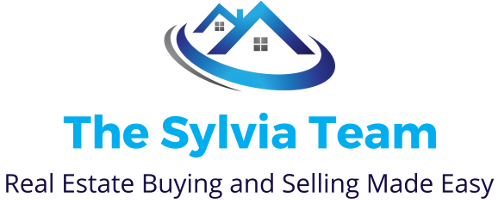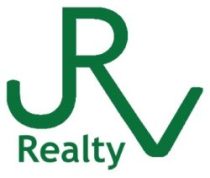Opinion: What is shutting out 1st Time Home Owners
April 25, 2024 | admin
Why are 1st time home owners being shut out of the market?
- Author: Jim Sylvia
Does is seem that there are forces in play, placing purchasing speed bumps in the way of first time home owners?
The American Dream is basically becoming just a dream. Home ownership was a goal of young people, many just starting a family, looking to invest in a home to build equity for the future or just wanting to have your own space and get away from the renting crowd. Well, that dream may be over. With limited inventory, especially at the starter home level and high demand the cost to obtain the dream may be too much to overcome for many people.
Let’s recap the factors in play.
Several factors contribute to pricing first-time home buyers out of the market:
- Rising Home Prices: In many areas, home prices have been steadily increasing, outpacing wage growth and making it difficult for first-time buyers to afford a home. As we all know everything is rising. Labor to build, materials, land cost, government regulation, cost of money, fuel cost all lead to higher construction cost.
- Limited Inventory: Low housing inventory, particularly in popular areas, leads to increased competition among buyers, driving prices up and making it challenging for first-time buyers to find affordable options. See #8 in the list.
- Tight Lending Standards: Stringent lending requirements, such as high credit score thresholds and substantial down payment requirements, can pose significant barriers for first-time buyers who may not have established credit or substantial savings.
- Student Loan Debt: Many first-time buyers carry significant student loan debt, which can impact their ability to qualify for a mortgage or afford monthly payments, particularly when combined with other expenses.
- Income Disparities: Disparities in income levels and wealth accumulation can create significant challenges for first-time buyers.
- Rising Interest Rates: Increases in mortgage interest rates can make home ownership less affordable for first-time buyers, as higher rates translate to higher monthly mortgage payments and increased overall costs. Note that interest rates were artificially low over the last 10 years as the FED was attempting to heat up the economy. COVID impact and out of control government spending has forced the same FED to now raise rates to cool the economy. This has resulted in high inflation, decreased value for the same dollar and has impacted costs spanning all sectors of the economy. High interest rates are also forcing existing home owners to “stay the course”. Many of these potential sellers have low interest rate mortgages and can’t justify selling and buying at a much high interest rate.
- High Closing Costs: Closing costs, which can include fees for inspections, appraisals, and title insurance, can add a significant amount to the overall cost of purchasing a home, making it more difficult for first-time buyers to afford. The pending NAR lawsuit settlement may add additional cost impact to purchasing a home.
- Corporate Buying of Lower Priced Houses: Many people are not aware that large real estate investment companies or Real Estate Funds traded on various markets have attempted to corner the entry level real estate market. Across the country these groups of investors are buying what used to be starter homes and in turn renting them out. The lack of inventory is forcing people to rent, which in turns raises the cost of renting.
Addressing these challenges often requires a multifaceted approach involving policies aimed at increasing housing supply, improving access to affordable financing options, and addressing issues that disproportionately impact first-time buyers.


